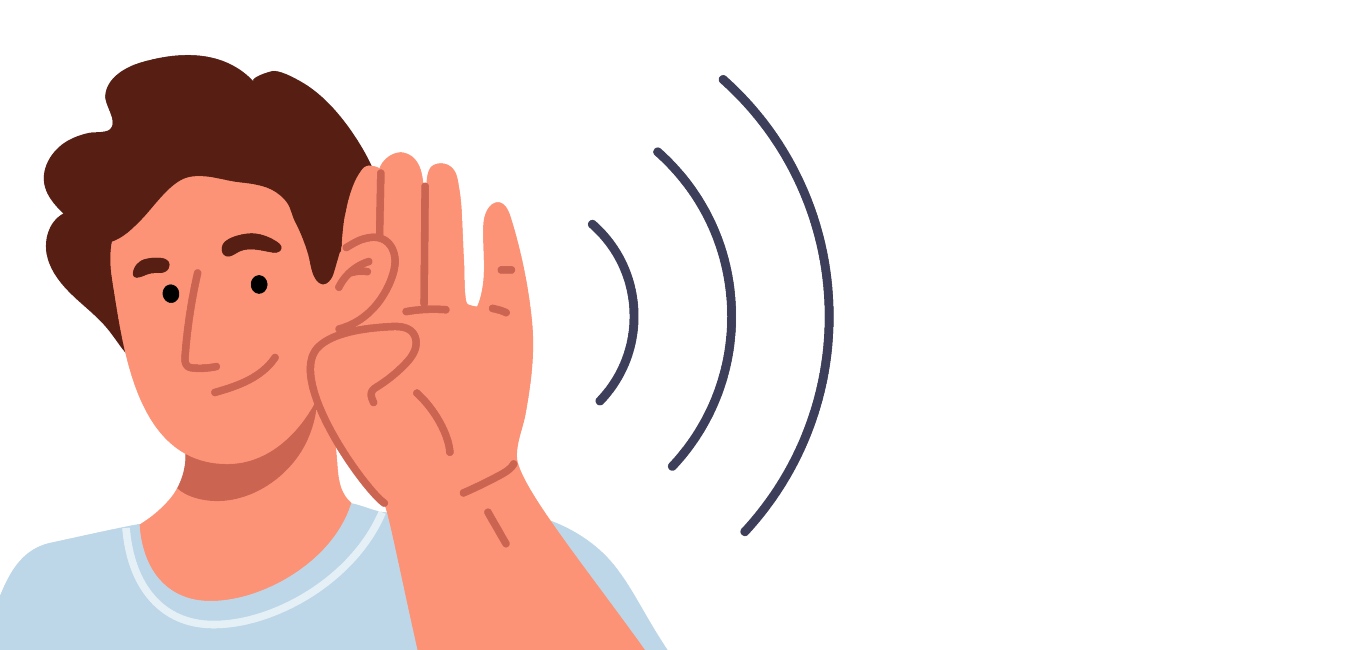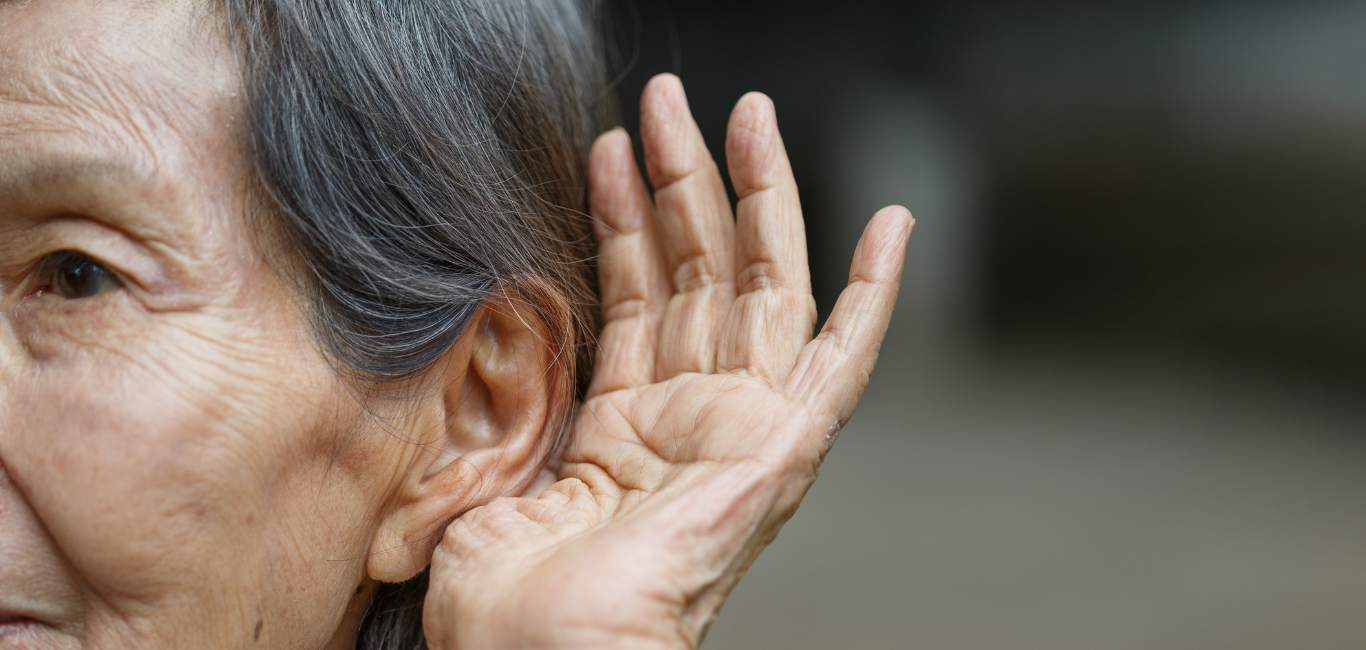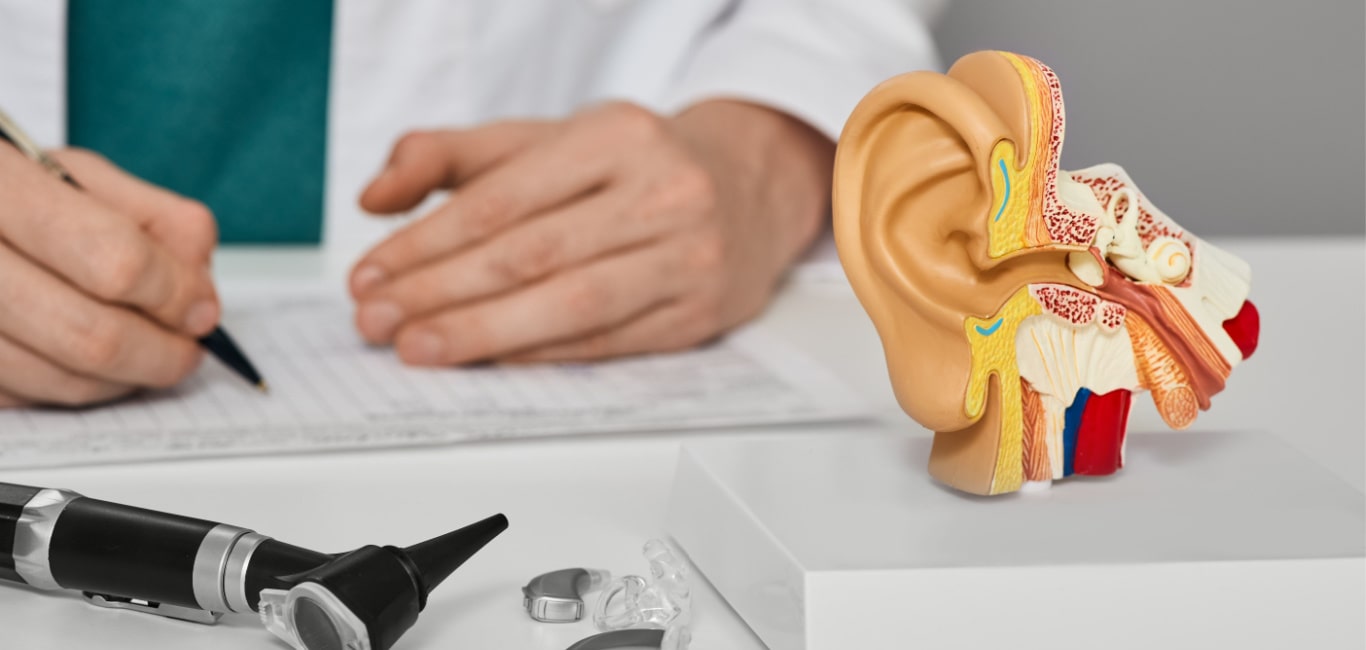
Hearing is essential to communicate with others, enjoy music, and experience the world around us. There is no denying that hearing loss can have a significant impact on an individual’s quality of life.
Hearing loss is a common problem that affects millions worldwide as per World Health organization (WHO). Fortunately, there are several simple ways to protect the ears and prevent hearing loss.
Experts recommend the following tips to help improve hearing health:
- Protect your ears from loud noises: Exposure to loud noises can damage your hearing over time. According to the WHO, prolonged exposure to sound above 85 decibels (dB) can cause hearing loss. “Noise pollution and exposure to loud sounds causing acoustic trauma is a part of our high-tech living,” says Dr Anoop Sabharwal, clinician, ENT, Fortis Hospital, Shalimar Bagh, New Delhi. “We should be careful about not using high volumes on our headphones, EarPods, and in our daily activities.” It is also important to wear earplugs or earmuffs to protect the ears when in a loud environment such as a concert, a noisy workplace, or a construction site.
- Keep your ears clean: Earwax is a natural substance that protects your ears from dust, dirt, and bacteria. However, excessive earwax build-up can cause hearing loss and tinnitus (ringing in the ears).
“Temporary hearing loss can result from wax impaction,” says Dr Anish Gupta, lead ENT consultant, CK Birla Hospital, Gurugram. “One should not clean ears or use earbuds and always visit a professional for ear cleaning.”
Dr Gupta advises protecting ears from water in case there is a history of recurrent fungal infection or ear drum perforation. - Stay hydrated: Dehydration can affect the fluid levels in your inner ear, which can lead to dizziness, vertigo, and hearing loss. To maintain proper hydration, drink plenty of water throughout the day, and avoid beverages that can dehydrate you, such as alcohol and caffeine.
- Eat a healthy diet: Research suggests that a healthy diet can help prevent hearing loss. For example, a 2020 study published in the American Journal of Epidemiology found that people who followed a healthy diet, such as the Mediterranean diet, were less likely to develop hearing loss. The Mediterranean diet is rich in fruits, vegetables, whole grains, fish, and healthy fats, such as olive oil.
- Exercise regularly: Regular exercise can improve blood circulation, which is important for maintaining good hearing health. A 2014 study published in the Journal of the American Geriatrics Society found that older adults who exercised regularly had better hearing than those who did not. Therefore, it is important to incorporate exercise into your daily routine, such as walking, swimming, or cycling.
- Get regular hearing tests: Regular hearing tests can help detect hearing loss early, which can prevent further damage. The American Speech-Language-Hearing Association recommends adults get their hearing tested at least once every 10 years up to the age of 50, and then every 3 years after that.
- Manage stress: Stress can cause a few health problems, including hearing loss. Dr Gupta says exposure to loud noises such as by headphones or traffic noise result in anxiety, stress, sleep disturbance, hypertension, and cardiovascular complications.
A study published in the International Journal of Audiology found that people who reported higher levels of stress had a greater risk of hearing loss. Therefore, managing your stress through relaxation techniques, such as meditation, yoga, or deep breathing, is important. - Quit smoking: Smoking can damage your hearing by reducing blood flow to the inner ear. A 2022 study published in the journal JAMA Otolaryngology, Head and Neck Surgery found that those who smoked were more likely to have hearing loss than those who did not. Therefore, quitting smoking can improve your hearing health.
- Wear hearing aids if necessary: If you have hearing loss, wearing hearing aids can improve your ability to hear and communicate. A 2022 study published in the journal of JAMA Neurology found that wearing hearing aids was associated with a lower risk of cognitive decline in older adults with hearing loss.
- Educate others about hearing health: Educating people about hearing health can help prevent hearing loss and improve the quality of life of those who are already affected.

















